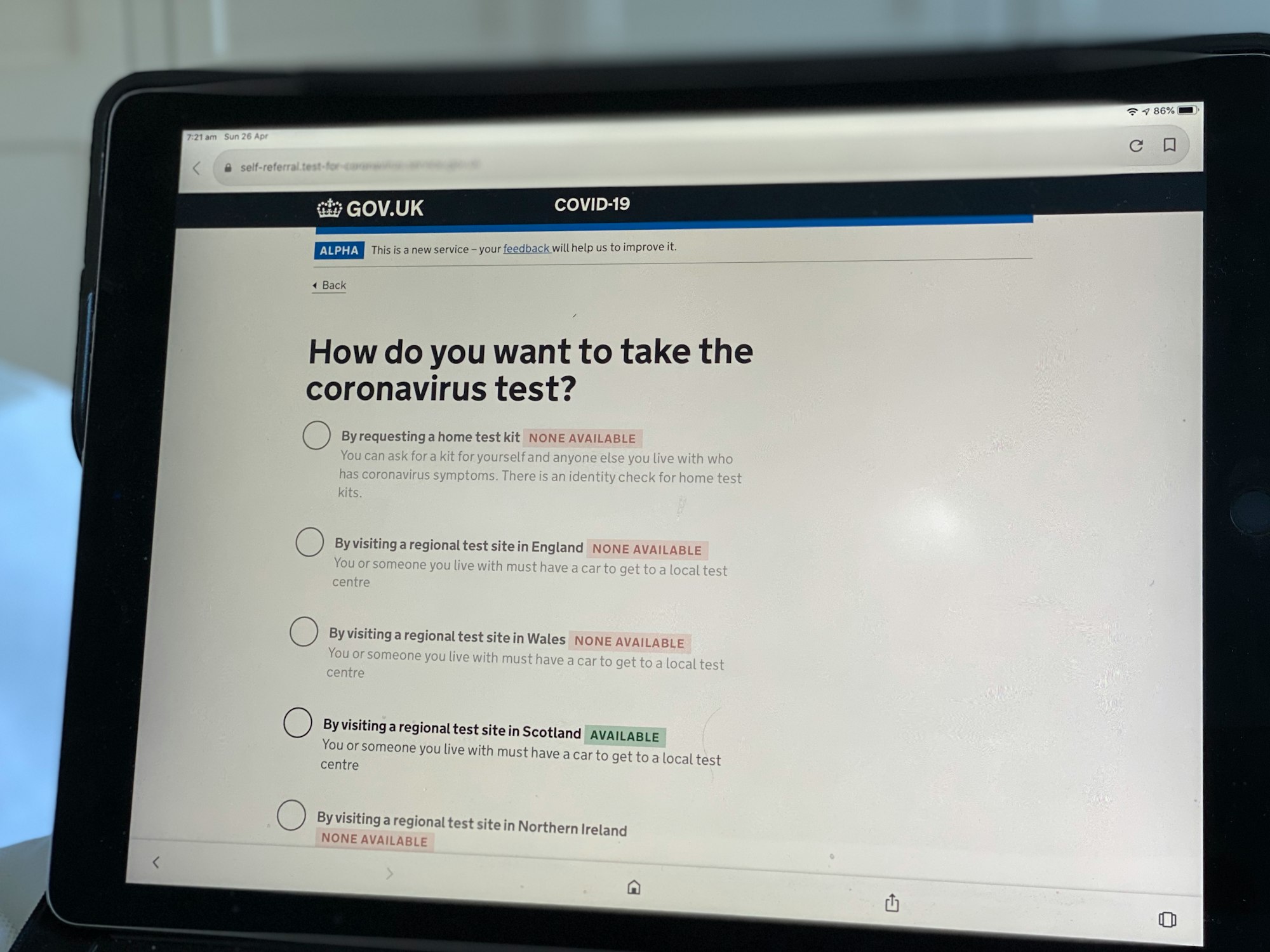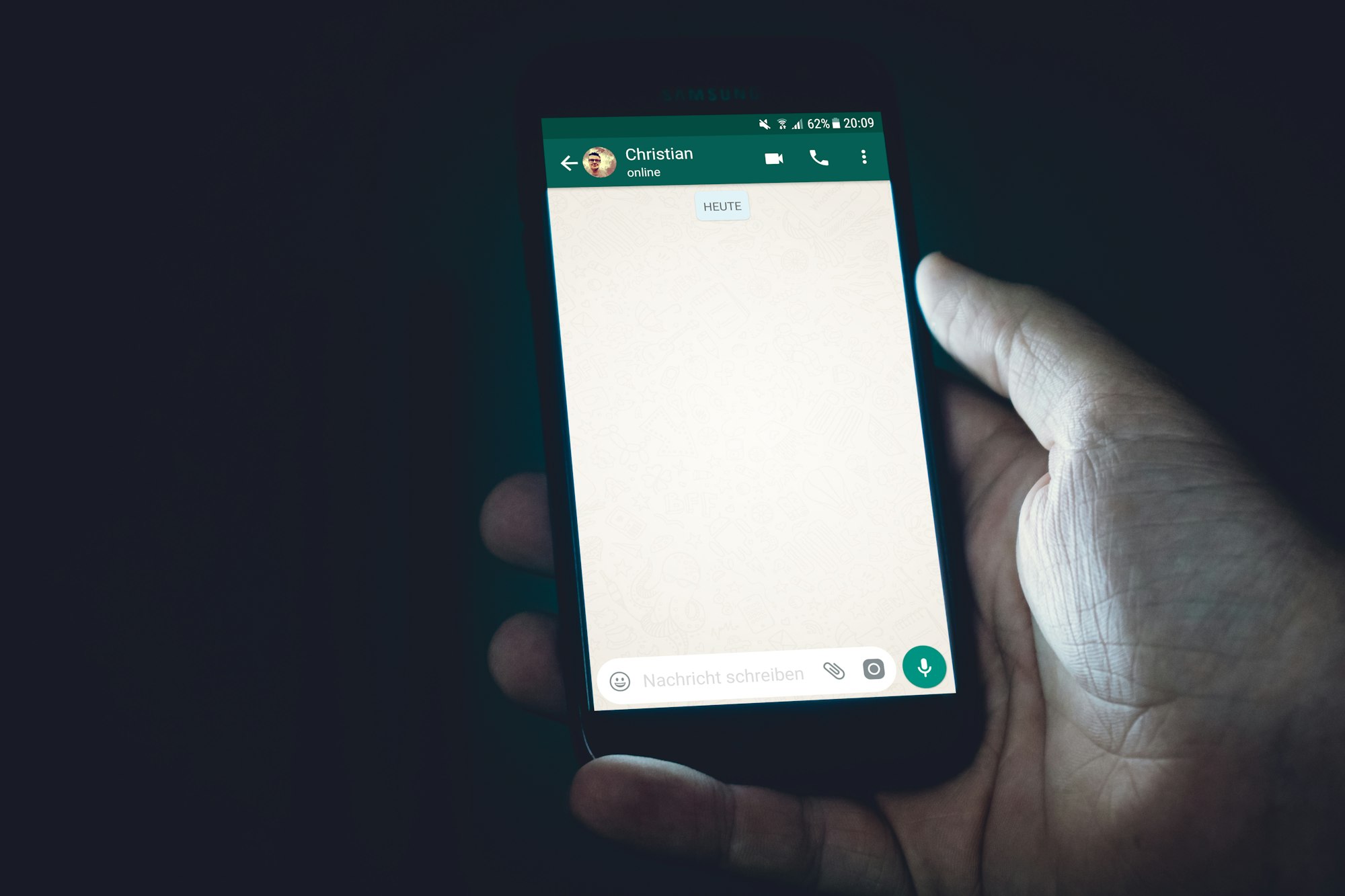The Trump Administration's Signal Controversy: Security Breach and Its Aftermath

In late March 2025, the Trump administration found itself embroiled in a significant controversy when top officials, including Defense Secretary Pete Hegseth and Vice President JD Vance, were revealed to have used the encrypted messaging app Signal to discuss sensitive military operations. The situation escalated when it was discovered that Jeffrey Goldberg, editor-in-chief of The Atlantic, had been inadvertently added to an 18-person group chat discussing military strikes against Houthi targets in Yemen. This incident, quickly dubbed "Signalgate" by some media outlets, sparked widespread concern about operational security protocols within the administration and raised questions about the appropriate use of commercial messaging applications for sensitive government communications.

The Initial Breach: How It Happened
The controversy began when Jeffrey Goldberg published an article in The Atlantic detailing how he had been mistakenly added to a Signal group chat by National Security Advisor Mike Waltz. According to Goldberg, he initially couldn't believe the chat was authentic due to the sensitive nature of the discussions taking place. The group chat included high-ranking officials such as Vice President JD Vance, Defense Secretary Pete Hegseth, CIA Director John Ratcliffe, Director of National Intelligence Tulsi Gabbard, and National Security Advisor Michael Waltz.
The National Security Council later confirmed the authenticity of the messages to CBS News, and the White House acknowledged that they were "reviewing how an inadvertent number was added to the chain." The situation worsened when The Atlantic published additional texts from the Signal group chat, undermining claims from Defense Secretary Hegseth and other officials that war plans had not been discussed in the communications.
Signal: The App at the Center of the Controversy
Signal is an encrypted messaging service known for its security features, including end-to-end encryption that prevents third parties from accessing conversation content. With approximately 70 million users as of 2024, Signal has become increasingly popular among government officials, activists, and those concerned with privacy. The app allows up to 1,000 people to join group chats and includes features that allow messages to disappear after a set period.
The nonprofit Signal Foundation, established by co-founders Moxie Marlinspike and Brian Acton, owns the app. Marlinspike created Signal more than a decade ago by merging two existing open-source applications for texting and voice calls. The foundation operates without advertisers or investors, supported solely by its users.
While Signal's encryption provides greater security than conventional texting, experts warn it isn't impervious to hacking. In February 2025, just weeks before the controversy erupted, the National Security Agency had issued an operational security bulletin to its employees warning of vulnerabilities in the Signal app. Signal responded to this bulletin, stating that the NSA's warning related to phishing scams targeting Signal users rather than flaws in the app's encryption or underlying technology.

Administrative Responses and Defenses
The Trump administration's initial response to the controversy followed what NPR described as "the Trumpian playbook" of "denying, downplaying and attacking the messenger." When questioned about the incident, Defense Secretary Hegseth insisted, "Nobody was texting war plans," while White House Press Secretary Karoline Leavitt characterized the messaging thread as "a policy discussion — a sensitive policy discussion, surely, amongst high-level Cabinet officials and senior staff."
President Trump distanced himself from the controversy, telling reporters, "I don't know anything about Signal, I wasn't involved in this," while adding that he had asked National Security Advisor Waltz to "immediately study" the use of Signal by government officials. Trump also noted that Signal is "used by the media a lot" and by "a lot of the military, I think successfully."
Administration officials also maintained that no classified information had been transmitted in the Signal messages. Director of National Intelligence Tulsi Gabbard and CIA Director John Ratcliffe told the Senate Intelligence Committee that no classified intelligence material was shared. However, their statements were met with skepticism from lawmakers on both sides of the aisle.
Political and Legal Fallout
The controversy prompted immediate reactions from Democrats and some Republicans. House Minority Leader Hakeem Jeffries sent Trump a letter calling for Hegseth's immediate dismissal, while Senator Elizabeth Warren posted on social media that the situation was "blatantly illegal and dangerous beyond belief." Other Democratic lawmakers called for formal investigations into the matter.
Senate Armed Services Committee Chairman Roger Wicker, a Republican, expressed concern that the conversation "appears to me to be of such a sensitive nature that, based on my knowledge, I would have wanted it classified." He called for an expedited inspector general's report, though this request faced challenges as Trump had fired more than a dozen inspectors general across multiple agencies, including the Defense Department, shortly after taking office.
Legal experts suggested that the Signal chat might have violated provisions of the Espionage Act, particularly the section making it illegal to inadvertently share "through gross negligence" sensitive national security information. However, they acknowledged that criminal prosecution by the Trump administration against its own officials was highly unlikely.
Beyond potential legal issues, the controversy raised concerns about federal records preservation. Goldberg alleged that some messages in the group chat were designed to disappear after one week, and others after four weeks, potentially violating federal laws requiring the preservation of official records.

Security Implications and Protocols
The Department of Defense has long emphasized the importance of protecting sensitive information, including troop movements and asset deployments. According to a message sent to US Army personnel in 2024, communication security is "a mission-critical element that can mean the difference between life and death," with failures almost always resulting from human error, including complacency.
The use of Signal for sensitive discussions outside of secure environments like the White House Situation Room or a Sensitive Compartmented Information Facility (SCIF) raised serious questions about operational security. As CBS News national security contributor Sam Vinograd noted, "By communicating classified information on a nonsecure platform like Signal, senior U.S. government officials... increased the chance that foreign governments could get access to sensitive operational security plans — and that could put our own troops in harm's way."
Recent Developments
The controversy continues to unfold as of early May 2025. A Reuters photograph taken during a Cabinet meeting on April 30 showed former National Security Advisor Mike Waltz using what appeared to be a modified version of Signal to communicate with other officials, including Vice President JD Vance, despite President Trump having discouraged the use of the app following the original controversy. The photo was taken shortly before Trump announced Waltz's nomination as U.S. Ambassador to the United Nations, marking the first major staffing change of Trump's second term.
The app visible in the Reuters photo appeared to be a version of Signal with modifications, suggesting it might include software from TeleMessage, a company that adds archiving capabilities to cloned versions of messaging apps. When questioned about this, White House spokeswoman Anna Kelly stated, "Signal is an approved app for government use and is loaded on government phones."
Long-term Implications
The Signal controversy has highlighted several important issues regarding government communications in the digital age. First, it has drawn attention to the tension between security and convenience in official communications. While Signal's encryption provides a level of security above standard texting, its use for highly sensitive military planning outside of approved classified channels represents a significant departure from established security protocols.
Second, the incident has raised questions about transparency and record-keeping in government. The use of disappearing messages potentially conflicts with federal requirements for preserving official records, creating challenges for accountability and historical documentation.
Finally, the controversy has underscored the ongoing challenge of balancing the needs for rapid communication in modern governance with the imperative to protect national security information. As encrypted messaging apps become increasingly popular among government officials, establishing clear guidelines for their appropriate use remains a critical task.
As investigations continue and more information emerges, the full impact of this security breach on the Trump administration and on government communication policies remains to be seen.








